
Neuroradiologist | Molecular Medicine | into science and data | via Oxford Med | https://t.co/V1TDFk8fVq
How to get URL link on X (Twitter) App

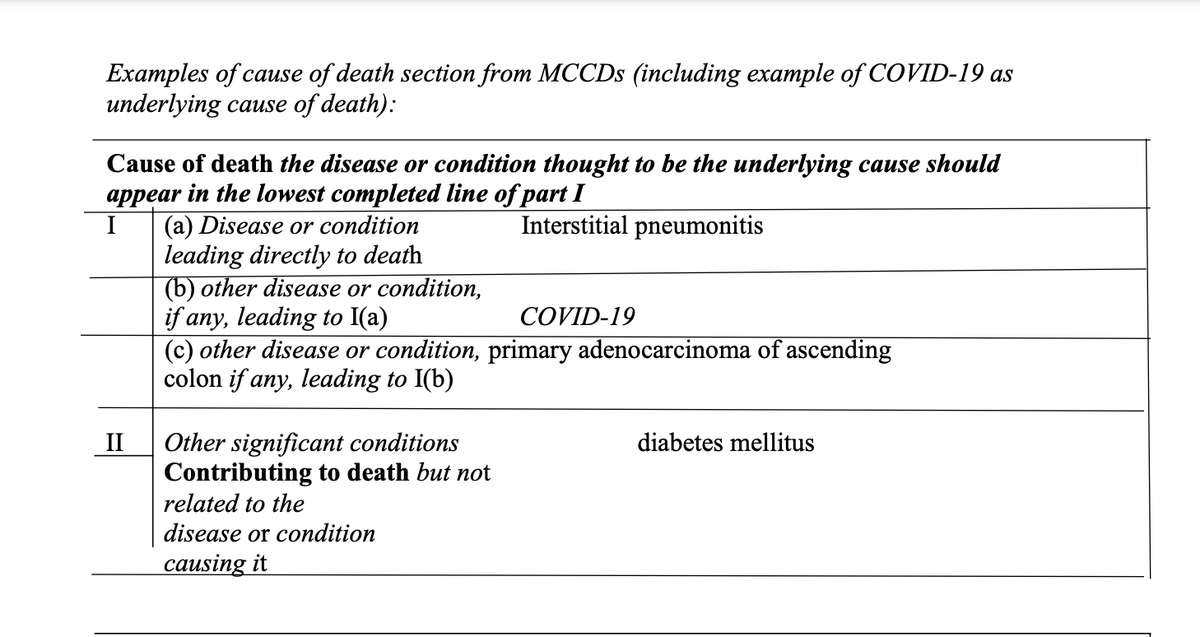


 Firstly, we need to recognise that the attack rate in RSA is very very high. Modelling from excess deaths, even if adjusting for a higher low income country IFR would place AR at over 85% and closer to 100%.
Firstly, we need to recognise that the attack rate in RSA is very very high. Modelling from excess deaths, even if adjusting for a higher low income country IFR would place AR at over 85% and closer to 100%. 

 ▪️For boosters UK chose after 2xAZ:
▪️For boosters UK chose after 2xAZ: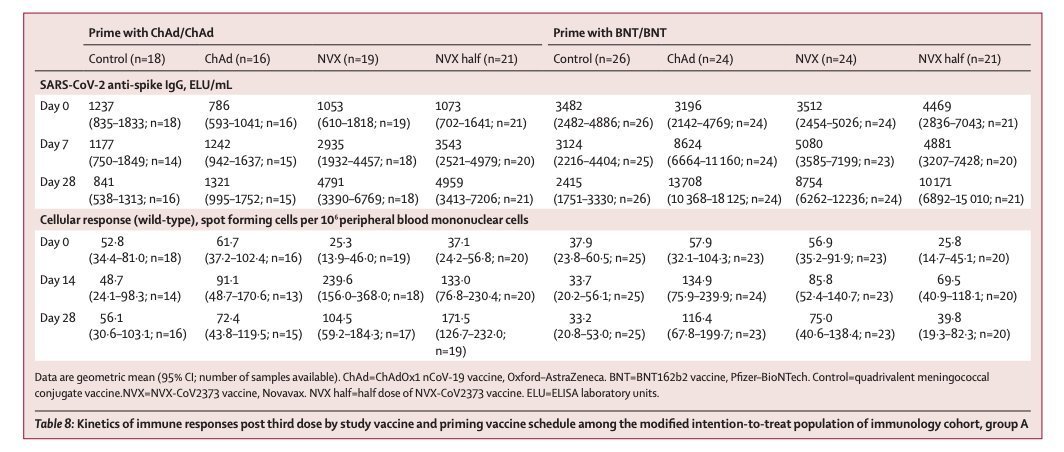


https://twitter.com/alexwickham/status/1465953820299579399A significant evasion concern vs 2 dose symptom VE. An emergency situation that wasn't known until 7 days ago.
https://twitter.com/Tuliodna/status/1463911577544011780

 Sources of bias/confounding in observational data (eg UKHSA case control study below):
Sources of bias/confounding in observational data (eg UKHSA case control study below):

 Remaining 11.5m unexposed/unvaxxed susceptible population is heavily skewed to younger age groups.
Remaining 11.5m unexposed/unvaxxed susceptible population is heavily skewed to younger age groups.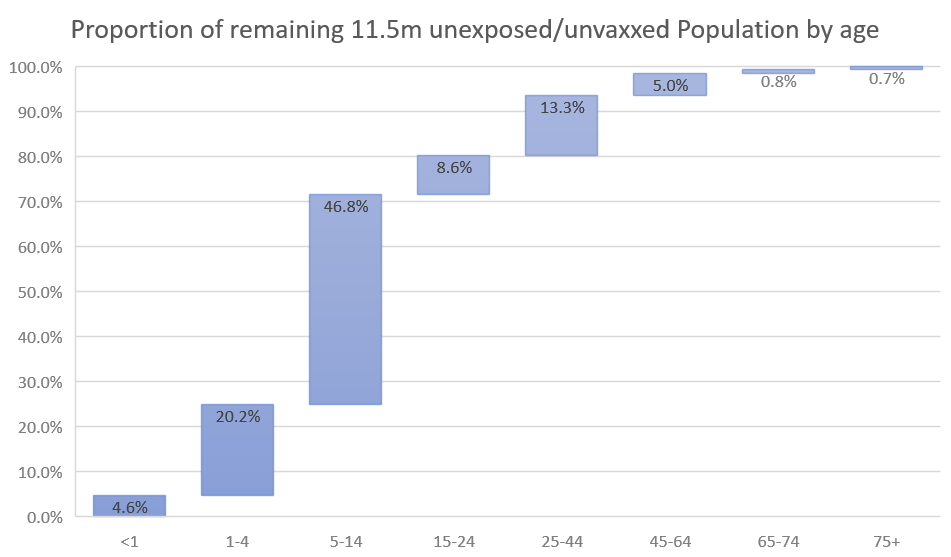

 Estimated numbers of people:
Estimated numbers of people:

https://twitter.com/DevanSinha/status/1396060081511444495
https://twitter.com/jburnmurdoch/status/1396015155872509953In randomised control trials we can be confident in vax effect after only 100+ infections because selection bias and confounding variables between the vaxxed and unvaxxed comparison populations are (e)limited by the randomisation process.
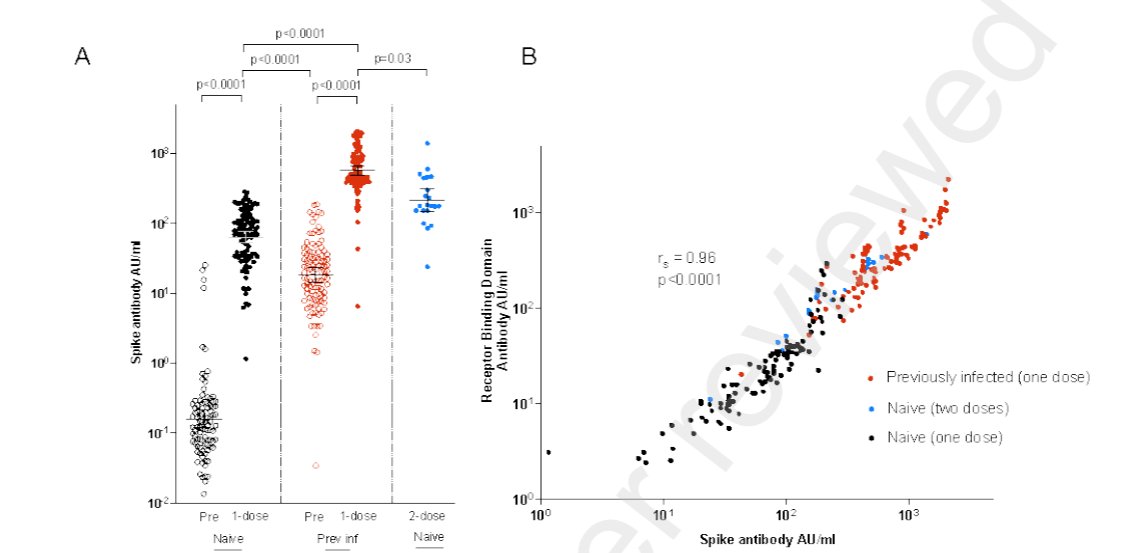
https://twitter.com/DevanSinha/status/1375468203070132226

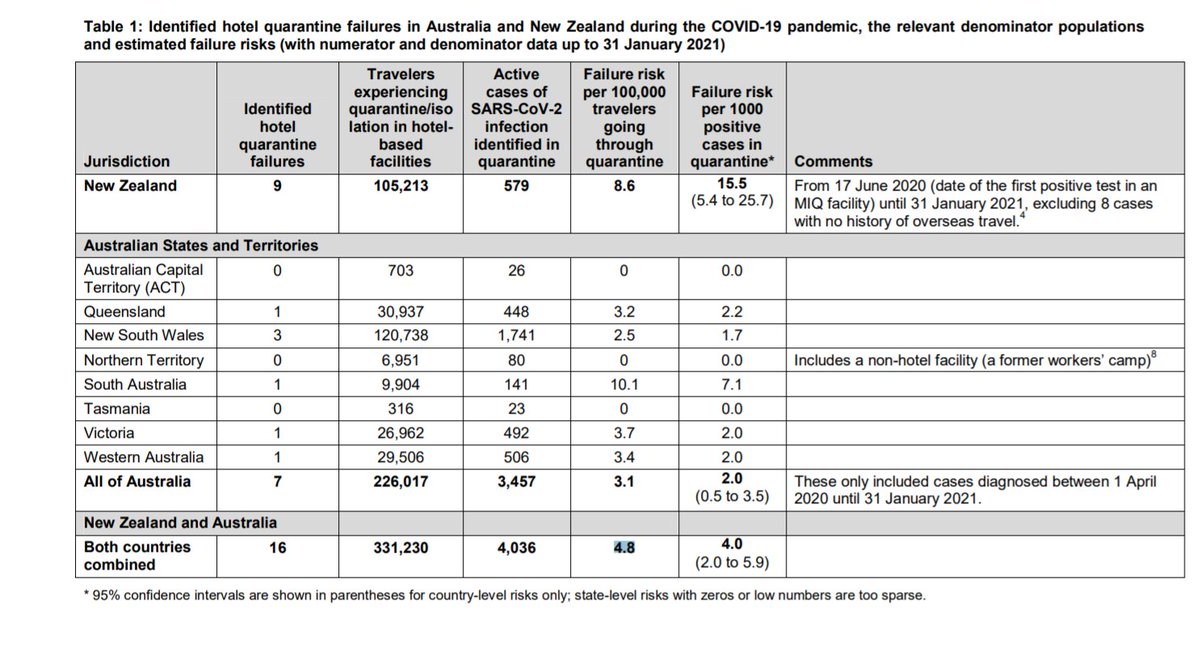


 No statistical difference between Ox/AZ and Pfizer efficacy for onward transmission
No statistical difference between Ox/AZ and Pfizer efficacy for onward transmission
 Study still found B117 increased hospitalisation risk
Study still found B117 increased hospitalisation riskhttps://twitter.com/kallmemeg/status/1376851854018088963

 3,403 PCR+ COVID inpatients between March and May 2020
3,403 PCR+ COVID inpatients between March and May 2020

 Due to variables being reasonably controlled we can estimate how temperature may affect general transmission dynamics.
Due to variables being reasonably controlled we can estimate how temperature may affect general transmission dynamics.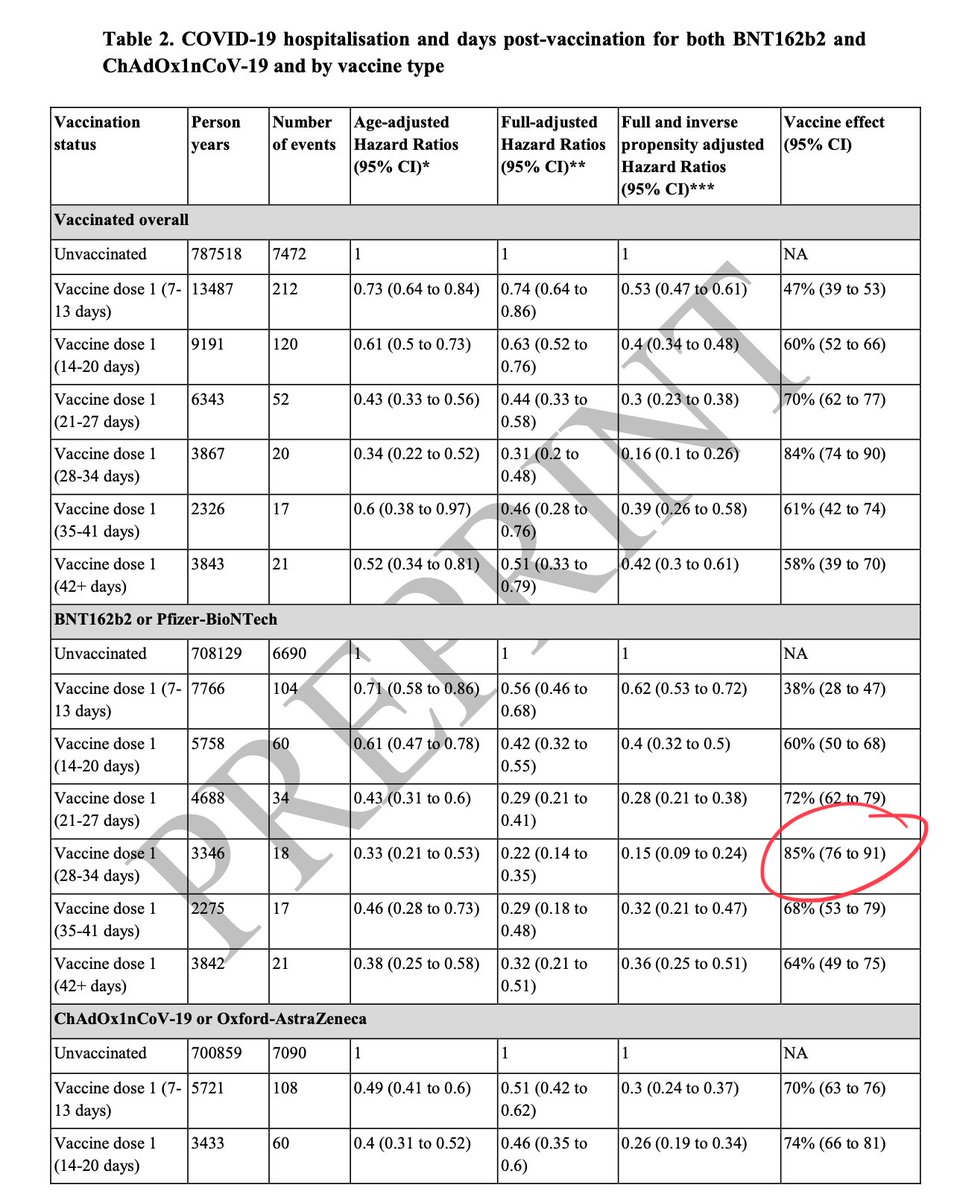
https://twitter.com/DevanSinha/status/1363801776751697922

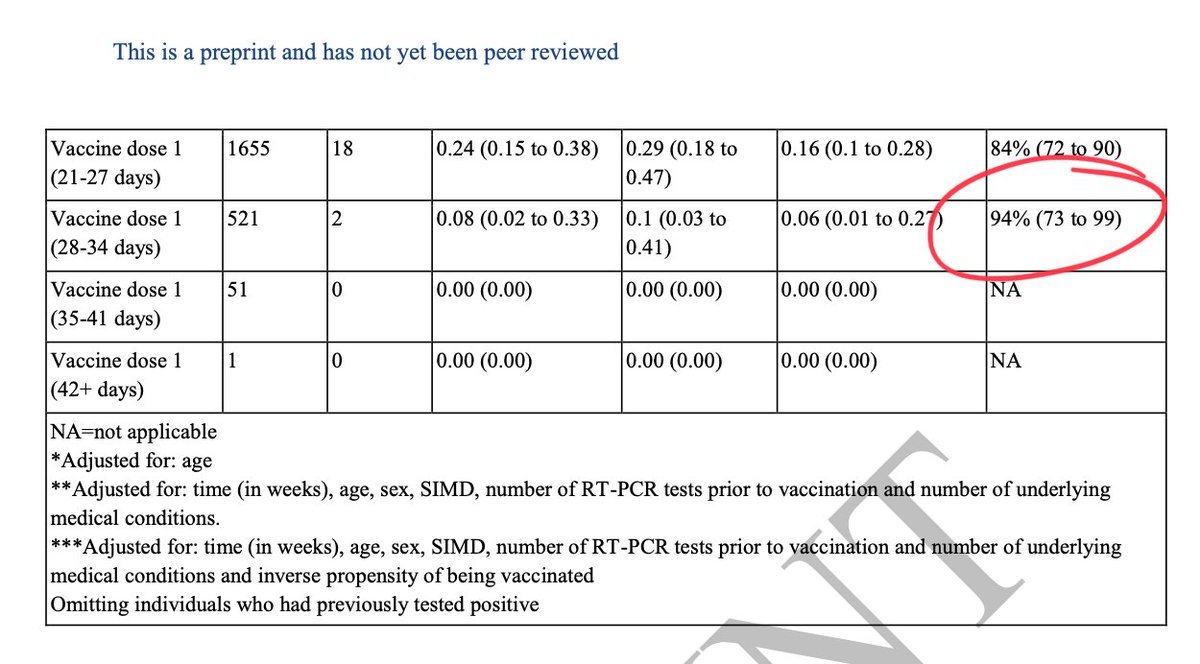 Scotland where data from care home residents and 85+ were vaxxed 1st. Follow up time after 5 weeks means age will confound VE. With few absolute events adjustment for age becomes statistically underpowered (and doesn't capture full care home risk). Hence wide confidence interval
Scotland where data from care home residents and 85+ were vaxxed 1st. Follow up time after 5 weeks means age will confound VE. With few absolute events adjustment for age becomes statistically underpowered (and doesn't capture full care home risk). Hence wide confidence interval 

 1. Pfizer efficacy was only trialled at 21 days for 2nd dose. (cf AZ/Ox 4-26 weeks)
1. Pfizer efficacy was only trialled at 21 days for 2nd dose. (cf AZ/Ox 4-26 weeks)https://twitter.com/theosanderson/status/1344347389642088451

 The arrow missed the sternum and so didn't cause multiple shards of bone to rupture the right ventricle and communicate with a large external wound.
The arrow missed the sternum and so didn't cause multiple shards of bone to rupture the right ventricle and communicate with a large external wound.